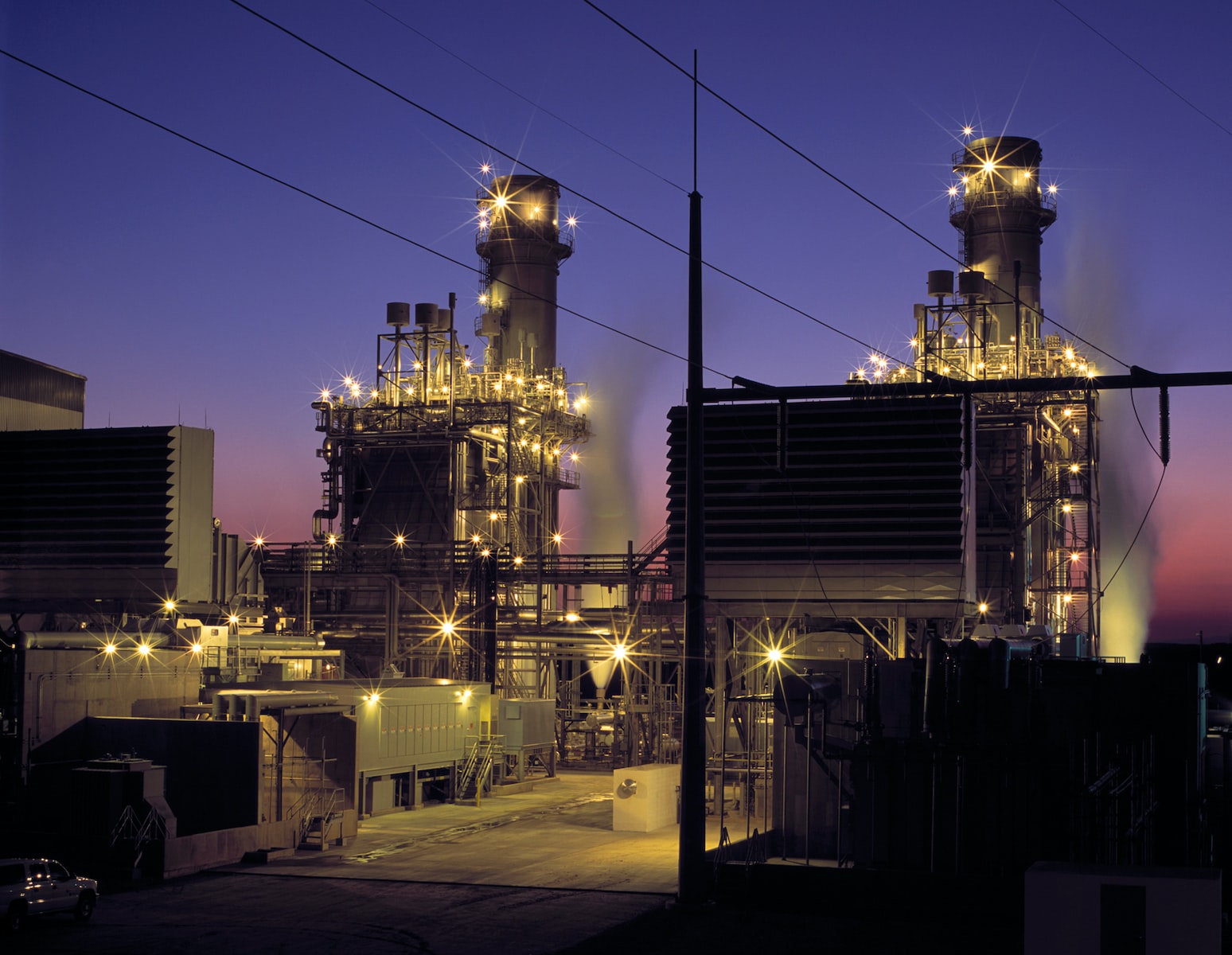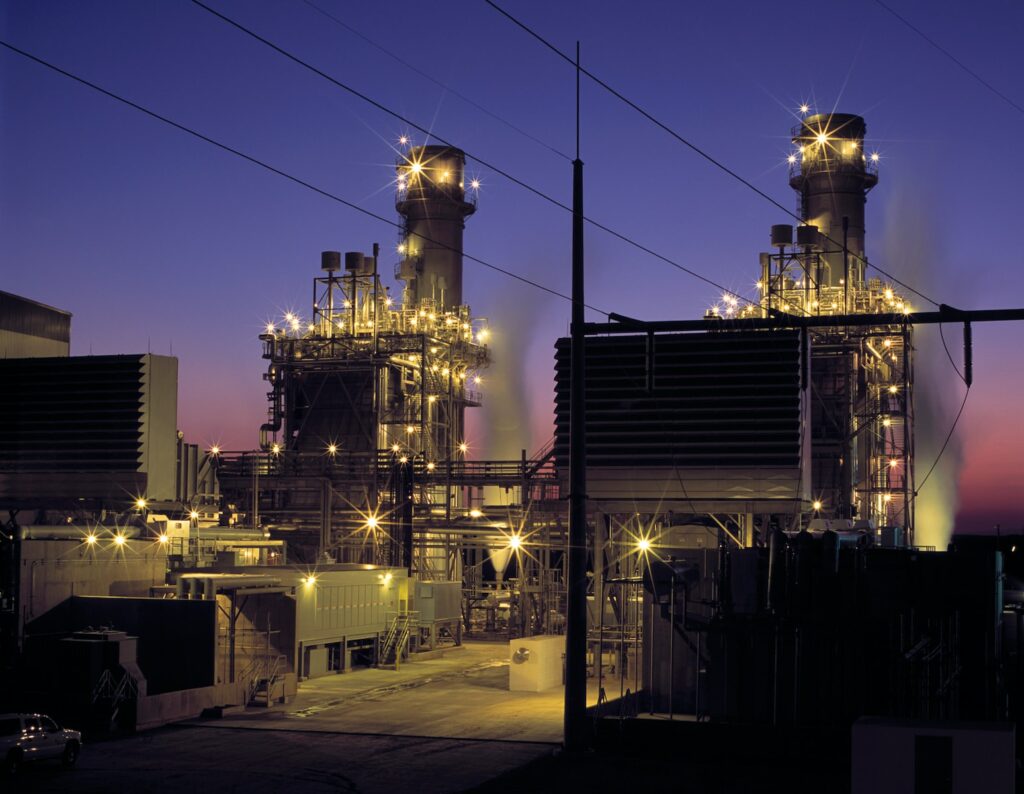
Of Hobgoblins and Forecasts
By
Branko Terzic
How many times have you heard that the quote “Consistency is the hobgoblin of little minds” as attributed to Ralph Waldo Emerson? Unfortunately that’s a misleading abbreviation of the full quote from Emerson’s work Self Reliance.
“A foolish consistency is the hobgoblin of little minds, adored by little statesmen and philosophers and divines. With consistency a great soul has simply nothing to do.”
My current candidates for being “foolishly consistent” are those state regulators who include the certainty of future global warming as a factor in their approvals of programs supporting renewable energy and sustainability, but refuse to use a future test year when it comes to weather effects on future energy sales on the basis of future weather being uncertain and so we should only use the past year for reference.
One reason given for this inconsistency in forecasting practice is that prior commissions have always used ‘historic’ test years and so there is precedent or consistency in continuing the practice.
But times change and so we are allowed, and probably should be encouraged, to periodically revisit regulatory treatments.
The recent spate of cases introducing “decoupling” of fixed costs from volumetric sales is one example. I was around when state commissions were required in the early 1980’s to look at “coupling” by the authors of the Public Utilities Regulatory Policy Act of 1978, referred to as “PURPA”.
At the time almost all electric and natural gas utilities were on a two-part declining block rate design for residential customers. The first part was a fixed low monthly “customer’ or “facility charge” and the second part was a “volumetric rate (either cubic feet/BTU’s of gas or kilowatt-hours of electricity) with declining blocks. The first block of usage was high to capture the bulk of fixed charges. The next blocks tended towards marginal cost as recommend by Bonbright and other economists.
PURPA of 1978 followed the lead of President Carter’s 1977 Energy Plan which forecast that the USA would be out natural gas and the world would be out of oil by 2000! In sum, US consumers would have no natural gas for home heating in 23 years! Look it up.
In response the Congress passed both PURPA and a Fuel Use Act. The latter restricted natural gas usage to essential customers (residences) and prohibited its use for electricity production (where abundant coal and new nuclear power was available).
Thus, the US consumer needed to conserve natural gas by restricting end uses. Another way to do so was to increase the volumetric cost of additional gas use and benefit reduction in the use of natural gas. No more declining block according to PURPA, but flat or even inverted rates were proposed and adopted. Hence we had “coupling” in natural gas and parallel treatment for electricity rates for similar reasons where fixed costs were moved into the variable usage rate.
That was then, this is now. Today we have agreement, among most state commissions, on the causes of global warming and climate change. We also have knowledge of new US natural gas shale abundance leading to the US, not only not being short of natural gas but, having a surplus of natural gas leading to commercial export now and increasing into the future.
No reason then for regulators to continue a “foolish inconsistency.”
The Honorable Branko Terzic is a former Commissioner on the U.S. Federal Energy Regulatory Commission and State of Wisconsin Public Service Commission, in addition he served as Chairman of the United Nations Economic Commission for Europe ( UNECE) Ad Hoc Group of Experts on Cleaner Electricity. He hold a BS Engineering and honorary Doctor of Sciences in Engineering (h.c.) both from the University of Wisconsin- Milwaukee.
#BrankoTerzic #energy #experience #research #future #opportunity #strategy #management #people #electricity #power #utilities #future #renewables #RenewableEnergy #energysector #powergeneration #energyindustry #sustainability #public #utility #history #scientific #technology

